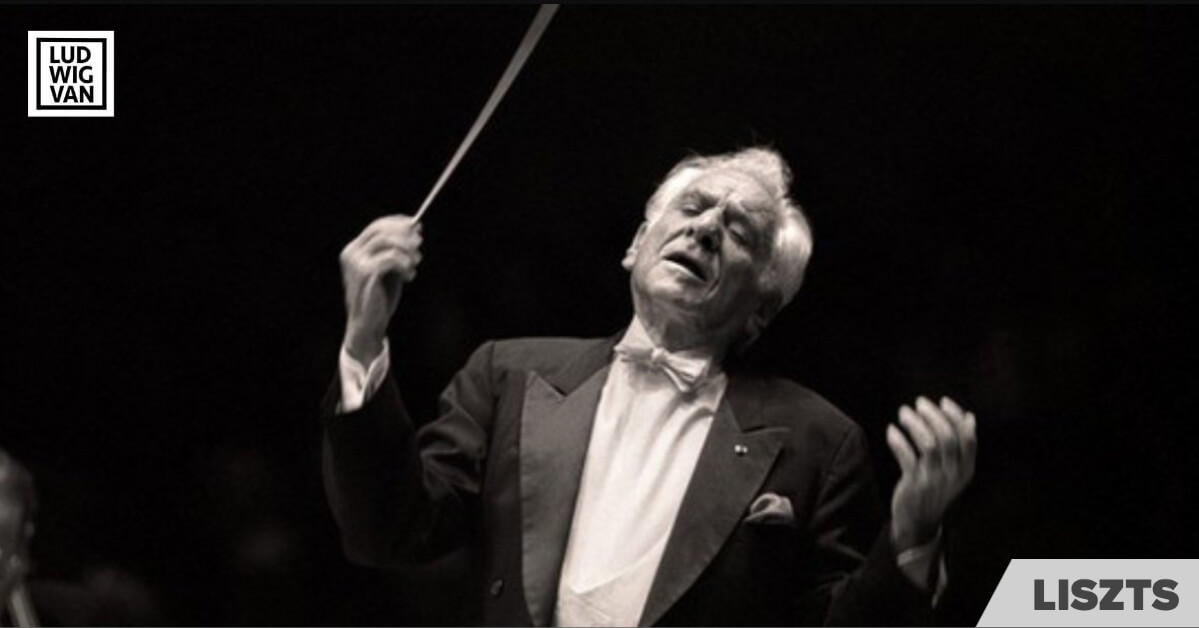
There are countless tear-jerkers in classical music: The Fourth movement of Mahler’s 9th symphony; Schubert’s Winterreise; Erbarme Dich, from J.S. Bach’s St Matthew Passion. The list goes on and on, and it’s impossible to choose just ten without leaving out so many other amazing woebegones. Feel free to suggest your contributions to the list in the comments section below.
Pure misery transcribed into sound — here we go:
1: Henry Purcell – Dido’s Lament (When I Am Laid In Earth, from Dido and Aeneas)
Number one on our list is Purcell’s devastatingly beautiful Dido’s Lament. Taken from his opera, Dido and Aeneas, the melody perfectly captures the moment as Dido comes to terms with her imminent death.
2: Arvo Pärt- Spiegel im Spiegel
It’s simple and perfect. Spiegel im Spiegel carries a rare openness that allows the music to function as an open vessel for the listener to pour their emotions into. Pärt composed it using his famous Tintinnabulation technique influenced by the composer’s mystical experiences with chant music.
3: Robert Schumann- Hör’ ich das Liedchen klingen (nach Heine)
If this doesn’t move you, then you’re built of stone. “I hear the dear song sounding That once my beloved sang. And my heart wants to burst so strongly From the savage pressure of pain.”
4: Henryk Gorecki – Symphony #3
Why this piece isn’t programmed more often is beyond me, but Gorecki’s Symphony #3 has become an instant masterpiece of chilling saddness. Gorecki used the text in the second movement from words etched into the walls of a Gestapo prison by an 18-year-old girl during the Second World War.
5: Finale of Tchaikovsky’s 6th symphony
Tchaikovsky seemed to embed a little bit of sadness in almost everything he wrote. This movement is dedicated to his nephew, the object of his forbidden desire. This music is so full of loneliness and despair you just might find yourself in the fetal position on the kitchen floor crying into a dish rag.
6: Mahler: “Ich bin der Welt abhanden gekommen” (“I’ve Become Lost To The World”)
Mahler was an emotionally lumbering composer, and even by his own standards, this piece is particularly foreboding. Pair that with contralto Kathleen Ferrier’s 1952 performance, and you have one of the more moving musical experiences ever recorded on record.
7: Samuel Barber: Adagio for Strings
Adagio for Strings will put a lump in your thoat faster than swallowing an artichoke. After a life of alcoholism and depression, Barber said all he needed to say in this 10-minute masterpiece of melancholy.
8: Wolfgang Amadeus Mozart – Requiem Mass in D minor – VI. Lacrimosa
Solemn and stirring, the opening measures of this movement are some of the last notes Mozart ever wrote. In this clip, you’ll hear John Eliot Gardiner conduct the English Baroque Soloists and the Monteverdi Choir to perfection.
9: Nimrod, from Elgar’s Enigma Variations
There’s a good reason this piece is so often played at funerals… Elgar was a master of sweeping heartsick melodies. For another example of his talent for sentimentality, check out the slow movement from his cello concerto. Not a dry eye in the house.
10: Beethoven, slow movement of his 4th piano concerto
Music that comes from the place with no name; where no one understands how you feel except for Beethoven.
Bonus: David Lang: Death Speaks
Turn the light down low, and just listen.
LUDWIG VAN TORONTO
Want more updates on classical music and opera news and reviews? Follow us on Facebook, Instagram or Twitter for all the latest.
- CLASSICAL CHARTZ | Top Ten Classical Music Albums For The Week Of July 22 To 28 2024 - July 22, 2024
- GIVEAWAY | Enter To Win A BIGLAKE Arts Spectacular Beethoven Marathon Experience In Beautiful Prince Edward County - July 18, 2024
- CLASSICAL CHARTZ | The Top Ten Classical Music Albums For The Week Of July 8 To 14 2024 - July 8, 2024



